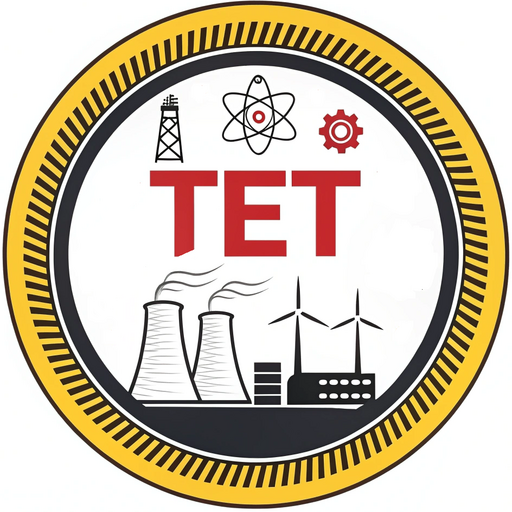The program «Industrial and municipal thermal power engineering. Energy Management and Energy Efficiency» provides students with the fundamental knowledge and practical skills necessary to work in the field of heat and power engineering. Students learn the principles of heat production, transmission and utilization, as well as the basic technologies and systems associated with heat and power processes in industrial and municipal systems.
As part of the program of study, students learn skills in the design, operation, and management of thermal energy systems, including boiler plants, thermal networks, heat exchange systems, and energy management systems. They study different fuels and power plants, as well as methods for optimizing energy processes to improve the efficiency and environmental sustainability of systems.
Students also gain knowledge of energy efficiency, alternative and renewable energy sources, compressed air and gas management, and environmental protection and emission reduction. They learn the basics of energy auditing and energy management, as well as various aspects of economics and organization of thermal power systems.
The aim of the program is to train qualified specialists with knowledge and skills in the field of industrial heat power engineering and housing and communal services, who are able to take part in the creation of heat power and heat engineering systems, power and heat-using installations, in ensuring their operation, in carrying out technical and economic calculations, to take part in the operation of objects of professional activity.
Professional training
- Introduction to the specialty. Introductory practice
- Descriptive geometry, engineering and computer graphics
- Theoretical mechanics and resistance of materials
- Materials science and technology of structural materials
- Energy utilization of organic waste
- Technical thermodynamics
- Hydrogas dynamics
- Fundamentals of professional safety and human health
- Fundamentals of mathematical and computer modeling of thermophysical processes
- Heat engineering measurements and devices
- Economics of the enterprise
- Information technologies and basics of programming in heat power engineering
- Energy sources in heat technologies
- Heat and mass transfer
- Heat engineering installations of industry and housing and communal sector
- Design and operation of heat engineering equipment of agricultural enterprises
- Fundamentals of energy management and energy efficiency
Optional courses
- Refrigeration systems
- Thermal engines and superchargers
- Air conditioning
- Power supply systems and modern electric drive
- High-temperature heat and power plants
- Heat supply and heating systems
- Energy production and distribution systems
- Energy-efficient technologies for drying materials
- Computer technologies in engineering
- Boiler plants
- Fundamentals of energy saving
- Physical basis of infrared technology
